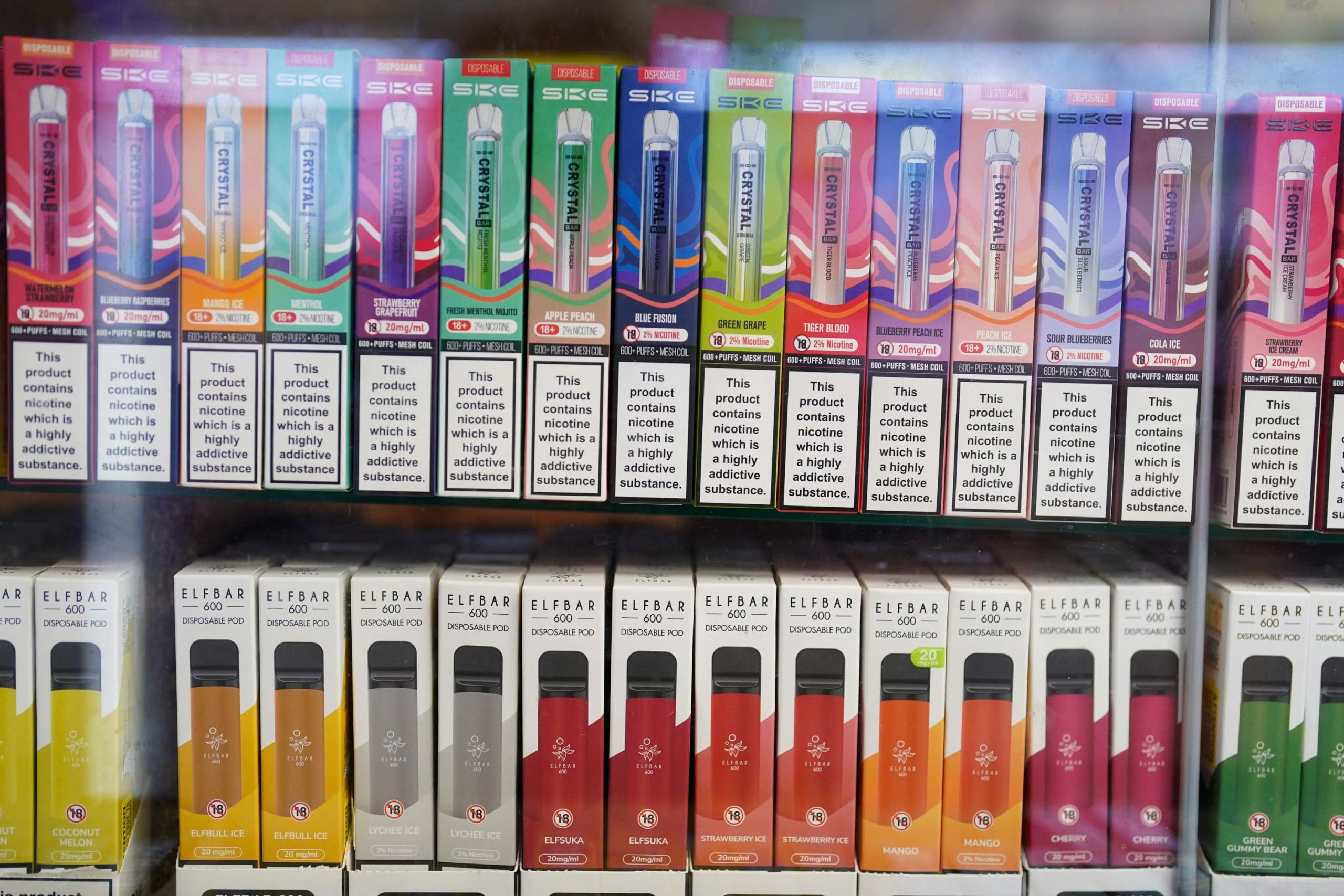A new study published by The BMJ reveals a significant increase in long-term vaping among adults in England, rising from approximately 1 in 80 in 2013 to 1 in 10 by 2023. This surge has been particularly notable since 2021, aligning with the growing popularity of disposable e-cigarettes, which has become especially prevalent among young adults, including those who have not been regular smokers.
The study highlights a trend where the use of disposable e-cigarettes has contributed to this increase in long-term vaping.
The research utilized data from the Smoking Toolkit Study, which surveyed 179,725 adults over a decade, focusing on their use of nicotine products. The data showed that the proportion of adults who had vaped for over six months jumped from 1.3% in 2013 to 10% in 2023.
This growth has been most pronounced since the advent of disposable e-cigarettes in mid-2021. Daily vaping also saw a significant rise, from 0.6% to 6.7% during this period.
The increase in long-term vaping was largely seen among current and former smokers, but a notable rise was also observed among individuals who had never smoked regularly.

The study found that long-term vaping among young adults, particularly those aged 18, surged to 23%, with a significant portion being non-smokers. In contrast, older adults, particularly those aged 65, showed much lower rates of long-term vaping.
Gender differences in long-term vaping rates have also been noted. Historically, men vaped more than women, but by October 2023, the rates between genders had equalized.
Additionally, vaping rates were higher among individuals from less advantaged social backgrounds compared to their more advantaged counterparts. The study also revealed that about half of the long-term vapers predominantly use disposable devices, raising concerns about environmental impact.
The researchers suggest that tighter regulations on vaping products could address the growing appeal among young people, though they caution that such regulations must not inadvertently discourage smokers from using vaping as a smoking cessation tool.
They recommend focusing on retail displays, packaging, and marketing practices rather than banning specific products like disposable vapes. Canadian researcher David Hammond emphasizes that effective regulation should address the attractive features of disposable vapes to better balance public health concerns with the benefits of vaping for smoking cessation.
